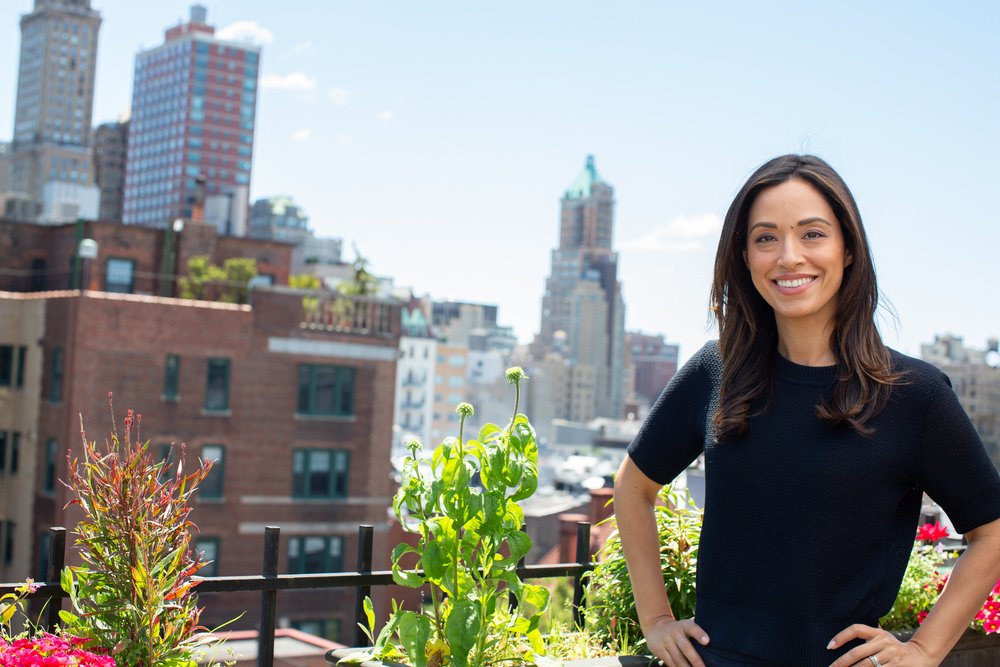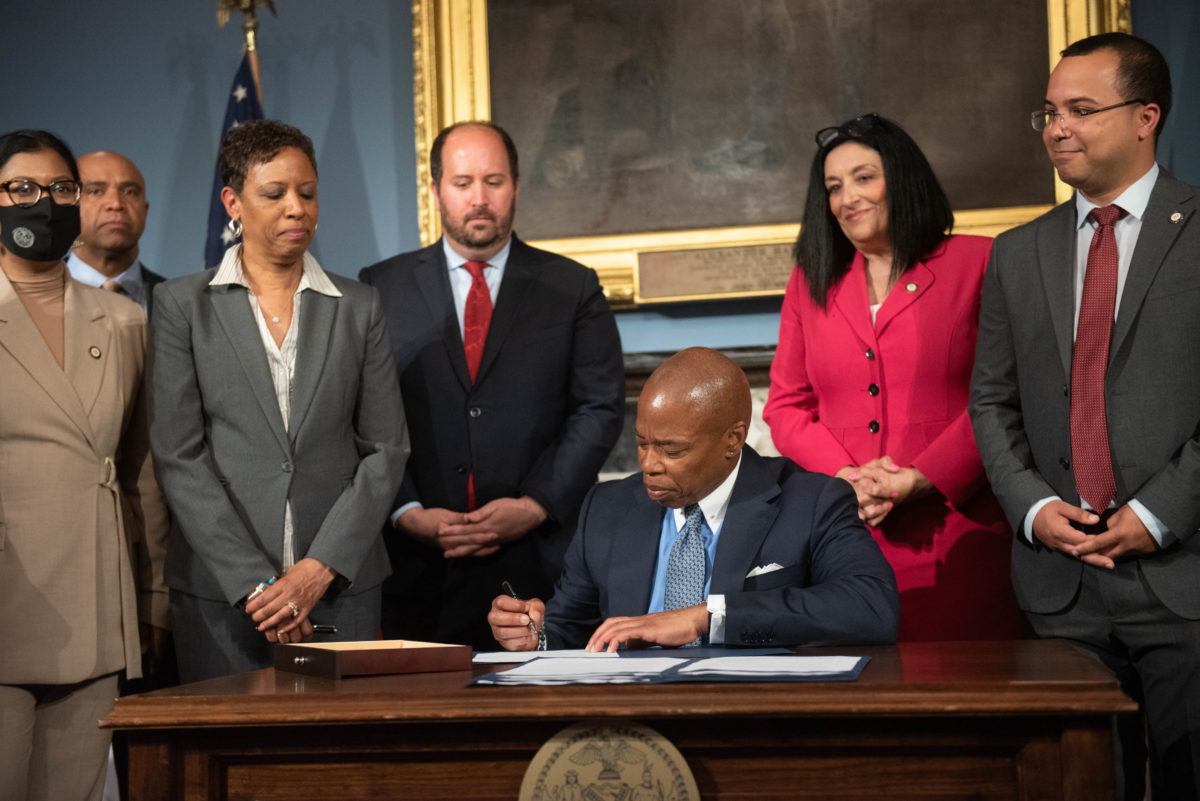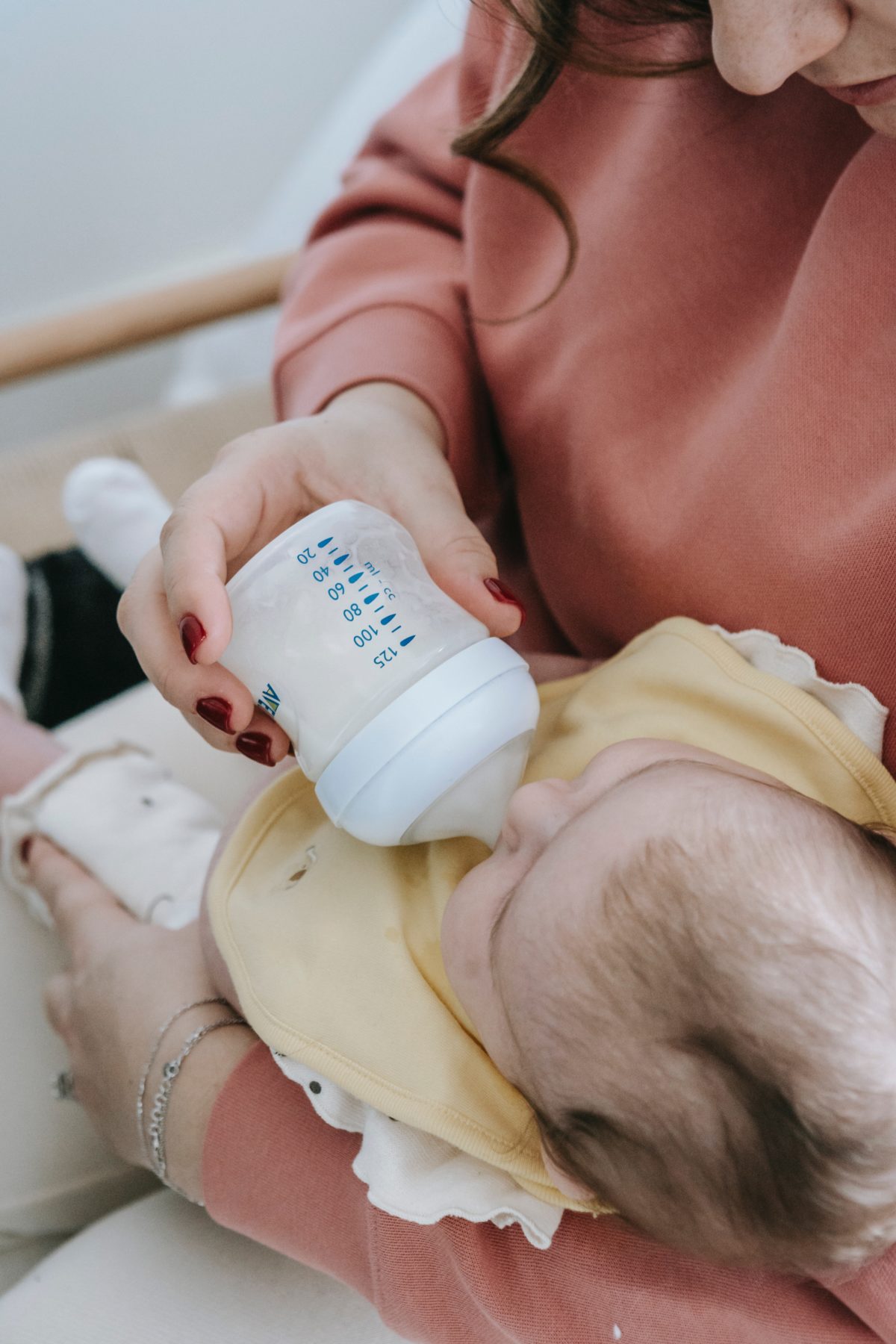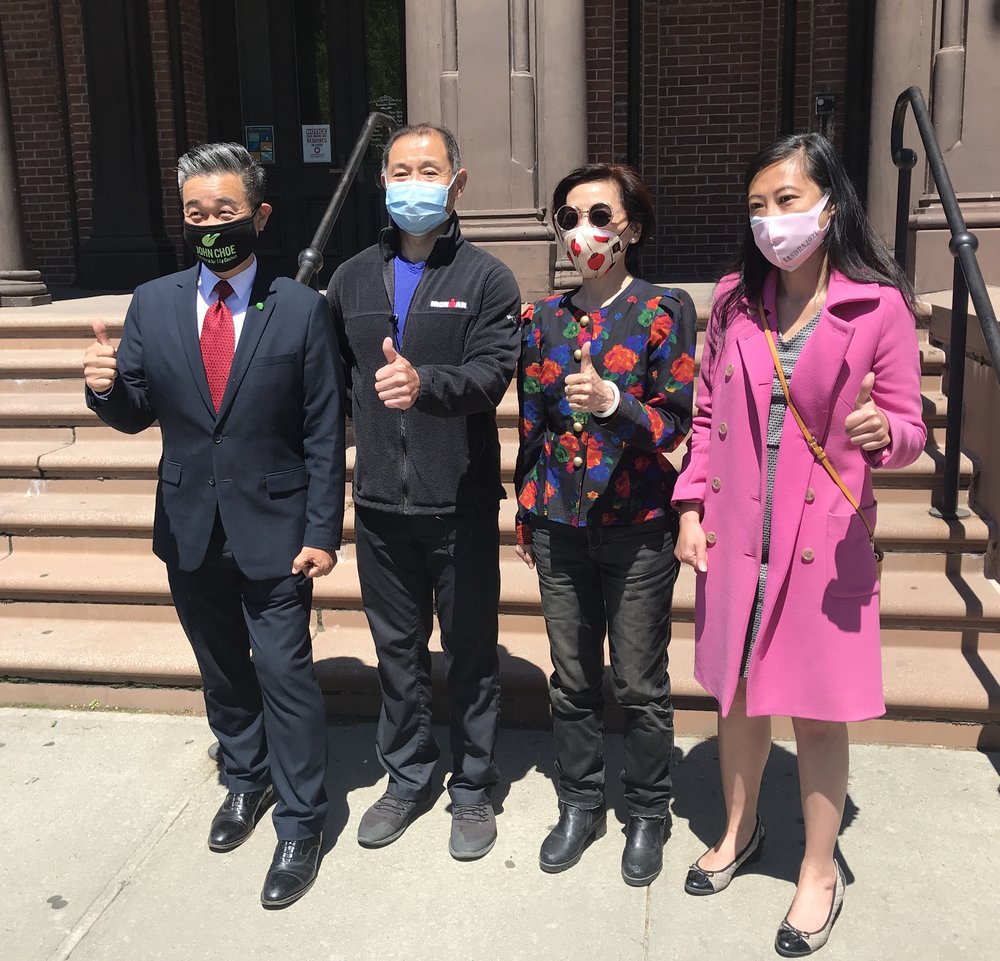Pol Position: Who is the real progressive in NY-10?
Is Rivera for real?
She locked up the endorsements of fellow progressive legislators. She racked up key union endorsements like 119 SEIU. But is she the real deal progressive in the race?
Rivera, the city councilwoman for the Lower East Side who is running in NY-10 congressional race, which stretches from Brownstone Brooklyn neighborhoods to lower Manhattan, certainly likes to brand herself as a progressive who gets things done. But she definitely has no qualms taking money from some of the biggest real estate players and lobbyists in the city.
A recent filing disclosure, first noticed by Twitter user Todd Fine, shows that Rivera has raised over $400,000 between April and June of this year. The raw filings show that Rivera has taken $5,800 from Jed Walentas, the billionaire developer of Two Trees Management; multiple donations in the thousands of dollars from CMW Strategies lobbyists, one of the most powerful real estate lobbying groups in the city; and $2,900 from Fulcrum Public Affairs lobbyists that represent large corporations like JP Morgan, Johnson & Johnson, and Alphabet (Google), among others.
In the city council, Rivera has been a fundraising machine, being one of 14 candidates who were able to raise over $1,000 – with her largest donations coming from the real estate industry.
Yuh-Line Niou, the assemblywoman also from lower Manhattan,who is vying for similar votes in the race (and was endorsed by the left-leaning Working Families Party), has not taken any lobbyist money but has also taken money from the heads of corporations. Niou has taken money from the CEO of Platinum Inc., a maintenance and service provider for commercial buildings; and two donations of $5800 from the owner of Upland Capital, a real estate firm based out of New England.
Niou also took $1500 from Park-It Management’s Gary Spindler, a garade developer who Niou returned a $500 donation in 2020, after a Crain’s New York article highlighted the discrepancy.
A campaign advisor for Niou told BQE Media that Spindler has donated multiple times in the past despite returning the money in years past, and is currently in the process of returning the donation again.
“Yuh-Line has long made the commitment to reject developer money or corporate PAC money and will not accept those dollars in this race,” the campaign said in an official statement.
A recent poll from the Working Families party showed that Yuh-line Niou and Carlina Rivera were essentially tied among NY-10 voters. Beyond support for candidates, the poll also asked voters to decide the four issues or factors that were most important in deciding who they voted for. Fighting for low-income and marginalized communities topped the list with 60 percent of respondents agreeing, followed by priorities like raising taxes on the wealthy to fund social service programs and affordable housing, as well as supporting a Green New Deal. Toward the end of the list are campaign pledges about rejecting real estate developer money or corporate money; with only 14 percent of respondents registering the former as a top concern and only 12 percent of respondents saying that latter was a top priority.
So maybe where candidates get their money from isn’t a top priority for NY-10 primary voters. But it should be. Whether politicians have a financial incentive to cater to special interests, is an issue for democracy and ensuring representation centers around voters and not those who can just cut a check.







